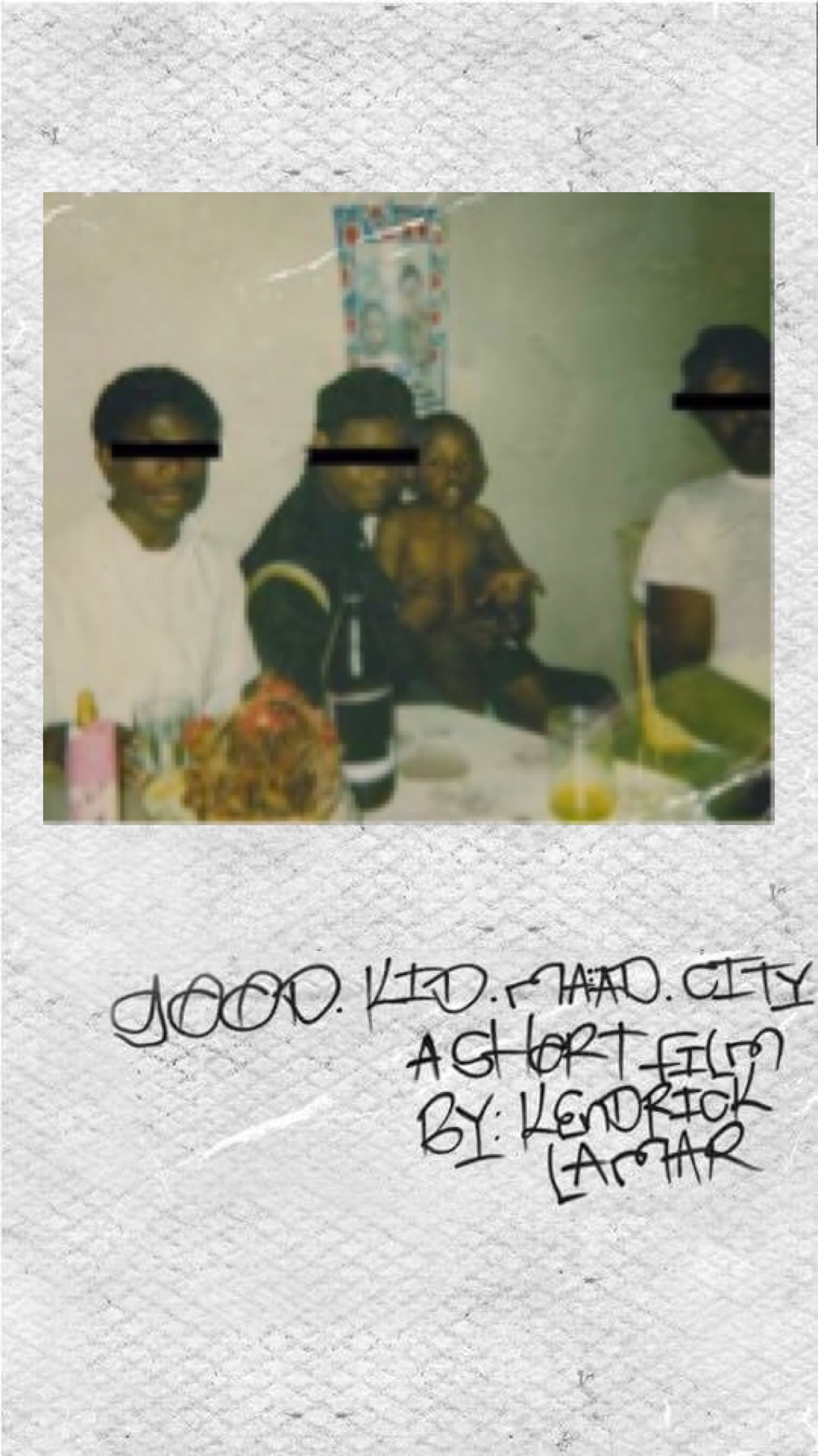
He sets up his journey well, declaring “I grieve different” repeatedly on opener “United In Grief” and cleverly revealing the stakes on “Count Me Out”: “Got six magazines that's aimed at me / Done every magazine, what's fame to me?” On “Crown”, one of many tracks to prominently feature South London artist Duval Timothy, he riffs on Shakespeare and the Bible: “Heavy is the head that chose to wear the crown / To whom is given much is required now.” Lamar’s texts, too, are viewed as sacred, studied in schools just as much as in music publications. Morale & The Big Steppers are its moments of brilliance where you wish Lamar had left it at recognizing the work he needed to do on himself rather than revealing it all.
These may be honest thoughts, and that’s okay, but for Lamar to present them as the endpoint on a high profile album is borderline irresponsible. Most egregious is “Auntie Diaries”, where Lamar repeatedly misgenders a transgender relative and drops homophobic “f” bombs as a way to demonstrate his perception of ignorance in the Black community and how it must be overcome. He gives problematic figures like Kodak Black, who has faced charges of sexual assault, and Summer Walker, who has spread xenophobic information about COVID-19, large platforms. Kelly would still have committed his crimes if he hadn’t been sexually abused himself. Kelly’s music.) He includes lazy thoughts about cancel culture and conspiracy theories on “N95″, and misguidedly wonders on “Mr.

(He chides his partner for still listening to R. As technically impressive as it is to hear her cry out her rhymes, the song comes closer to matching the pure anger of Eminem’s “Kim” than it does make deep points about hypocrisy in feminism.

The deeply unsettling “We Cry Together” is a screaming match where actress Taylour Paige performatively plays the part of Lamar’s partner. But just because untwisting his own mind is personally necessary, it’s not essential for Lamar to present it, unfiltered, as art.


 0 kommentar(er)
0 kommentar(er)
